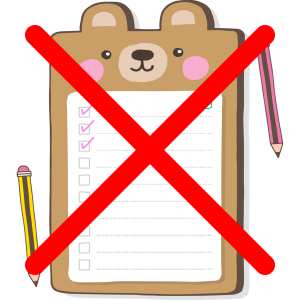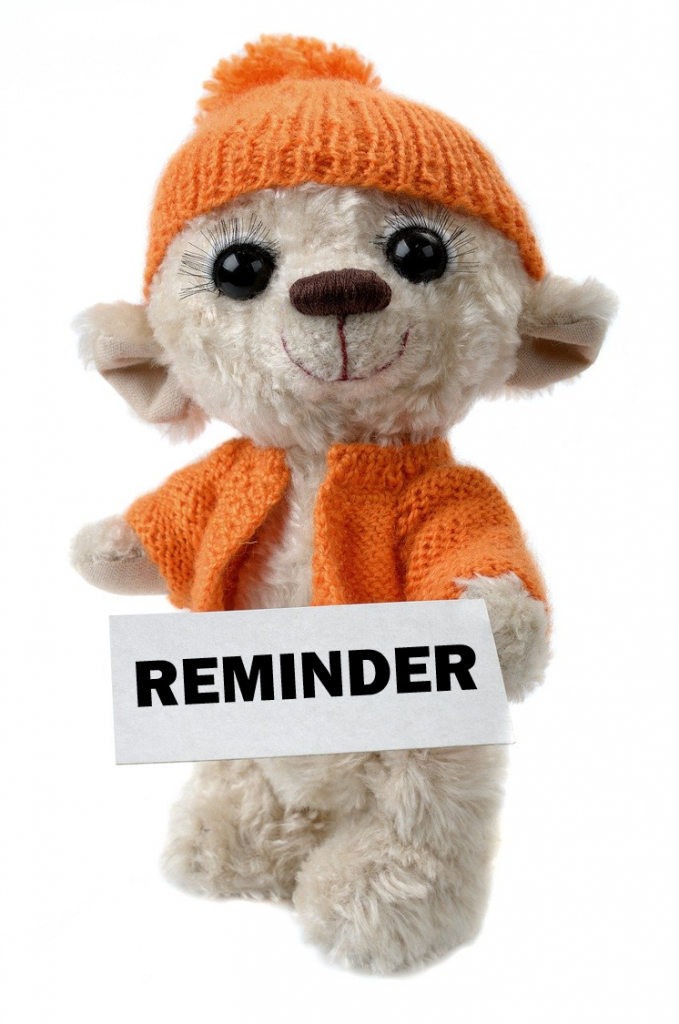Sleep and a sleep routine are your allies!
The Covid-19 crisis can cause stress, worries, fear and even anxiety. Children aren’t sheltered from these problems and therefore changes in their routines can disturb their sleep.
We advise you to pay particular attention to your children’s sleep during this time of uncertainty because a good sleep is beneficial for their mood, their ability to manage their emotions and their physical health. When their sleep is good, everything is good.

*Adolescent sleep during a time of crisis (video capsule at the bottom of the page)
Here are ten pieces of advice to follow for better sleep for our children during this period of upheaval.

1. Reassure your child.
If you haven’t already done so, now is the time to explain to your children, in a straightforward way, the current situation. For example, there is a new virus, it’s like the flu but they haven’t yet found a vaccine. On the other hand, we can protect ourselves by playing hide-and-seek with this virus. This is why everyone is staying home and it’s important to wash your hands very well. We advise you to listen to your children, respond to their questions, but above all, reassure them. A reassured child will sleep better.
2. Re-establish a good sleep routine.
Why? Because it helps your child feel secure in his/her own environment. A good sleep routine, consistent and predictable is desirable. Not easy when the parents’ sleep routine is disturbed!
Because your children’s lives have been disrupted, it would be comforting for them if you re-establish a daily routine of activities that worked well before the crisis (a quiet hour before meals for example) as well as a routine for bedtime and waking up.
Although one or two pyjama days can be fun and beneficial for everyone, preparing for the day and getting dressed as if they were going to daycare or school will allow your child to distinguish the difference between daytime activities and sleep.


3. Physical activity and daylight = a good quality sleep!
Your child likely has ants in his/her pants and still has the need to move. Did you know that having regular physical activity is beneficial for sleep and can help to reduce anxiety as much as for children as for adults? Now is the time to organize family time by playing, dancing, laughing, and in this way improving the family’s well-being. Good news! There are a lot of applications and free videos that specialize in indoor physical activities as well as many free dance courses. Take advantage of them!
Make your child move but be careful of physical activities that are too intense during the evening, before bedtime. It’s easy! Begin the day with very stimulating activities then during the course of the day, reduce their intensity and your children’s level of stimulation in order to prepare them to fall asleep better at night.
During daytime, we advise you to ensure that your children get as much light as possible. This will help them keep their biological clocks running on time. Leave curtains open during the day and when possible, go out with your kids on your balcony or in your garden while at the same time respecting social distancing. In the evening, soft light enhances the production of melatonin and increases the chances of falling asleep.
4. Avoid talking about serious subjects early in the evening!
It is recommended not to wait until the evening to talk about controversial issues (punishments) or expectations (“Tomorrow I am going to show you something that you have wanted for a long time”). In preparing for sleep, it is important to free our children’s minds of any subjects that could excite them or upset them.


5. An hour before sleep, plan good old-fashioned activities that don’t involve screens!
Technology is a precious ally during this moment of crisis. It permits many of us to continue to work and to keep up our important social contacts and helps us maintain our psychological well-being. It’s possible that your children are currently in the habit of using cellphones/tablets/computers for speaking to their friends, their grandparents and other important people in their lives. It is important however to remain vigilant and not to use any screens one hour before bedtime. If your child’s sleep is poor, exposing them to light from screens and difficult content could significantly impact the time it takes them to fall asleep and could cause more awakenings and bad dreams.
Children learn by example. Get started on a family challenge! Everyone in the family closes their screens an hour before sleep! Why not try making a small box or a case so that the tablet or telephone can stay there during the night. Involve your children. They will enjoy this family activity!
6. Add a moment of « relaxation » to your routine of preparing for sleep or make your current one even longer.
The sooner bedtime is, the calmer the pre-sleep routine should be. We want to encourage even-keeled moods, optimizing relaxation before sleep.
This may be a good moment to play some calming games, to give some hugs, to speak (in a calm manner) about positive and upbeat things, to tell stories. At the very end, before putting on pyjamas and going to bed, give your children a bath, (or take one) do we have to say it, in the calm ![]() : lights softened, lowered voices. Once in the bedroom, tense children could benefit from a massage in bed or from meditation or relaxation exercises. There are a lot of good examples on the internet. Who knows? Maybe they will help parents as well! Calm activities during the evening are beneficial for falling asleep for both little ones and big ones.
: lights softened, lowered voices. Once in the bedroom, tense children could benefit from a massage in bed or from meditation or relaxation exercises. There are a lot of good examples on the internet. Who knows? Maybe they will help parents as well! Calm activities during the evening are beneficial for falling asleep for both little ones and big ones.
It is possible that your children may have nightmares, sleepwalking issues or night terrors because of stress and a lack of sleep.


7. Respect your children’s real need for sleep.
Children’s need for sleep varies according to their age. For more information: “Age-specific dos and don’ts”
8. Encourage a cozy nest
Your child’s bedroom should be their special nest. This contributes to a good quality sleep. Find an optimal ambient temperature (their bedroom should be relatively fresh), good bedding (comfort!) and the room should be exposed to ideal lighting (a very dark environment is recommended). Be careful of night lights that emit blue light and directly reach eyelids because they impede sleep. Depositing a few drops of sweet-smelling drops that your child likes, on a sheet or a comforter, can also help them fall asleep.


9. Things to be cautious about or to avoid:
Exposure to anxiety-causing content: You might be in the mood to watch the news about the current crisis with your children but that can cause anxiety and can affect their sleep. On the other hand, if your child asks you questions about this subject, respond by being reassuring. For example, say that together, you make a great team against this microbe.

Heavy or fatty or spicy meals before going to sleep: You can eat these meals occasionally but they can sometimes cause a slower rate of digestion, stomach burning or gastric reflux and can consequently lead to a poor sleep quality.

Planning activities for tomorrow: Take a moment for this just after dinner and not before bedtime in order to not become overstimulated physically or mentally before getting into bed.

10. Add to your schedule:
Ties with the outside world: Confinement doesn’t mean stopping your social life. It may be emotionally difficult for children to be separated from their grandparents and their friends. To compensate, it’s possible for example to organize virtual interactions with friends and the rest of the family by telephone and videoconferencing. Social ties and kind words uplift our spirits and diminish anxiety. Cultivating contact with loved ones also allows us to grow closer. A feeling of well-being helps us to sleep better. Be creative and involve your children in choosing activities!




REMINDER
Generally speaking, it’s advised to establish reasonable screen time, to choose educational content that’s fun and comforting and to find past times (cook as a family, involve the children in household chores, board games, learn a new language, do home repair jobs, visit a museum on line, travel on line, colour, paint, make dough, etc.) There are many tutorials on line to inspire you. It’s important to focus on the most stimulating activities during the day, including time for reading and studying for school-aged children, and then to choose calmer activities for the evening as the hour for sleeping approaches.

To all parents who have been trying to come up with solutions these past several weeks, our team takes its hat off to you and is happy to accompany you in making sleep a priority for your child!
Dear parents, you might also be interested in this article: “Sleep is your ally: How to finetune your sleep habits during this COVID-19 crisis.” and in this video about adolescent sleep.

